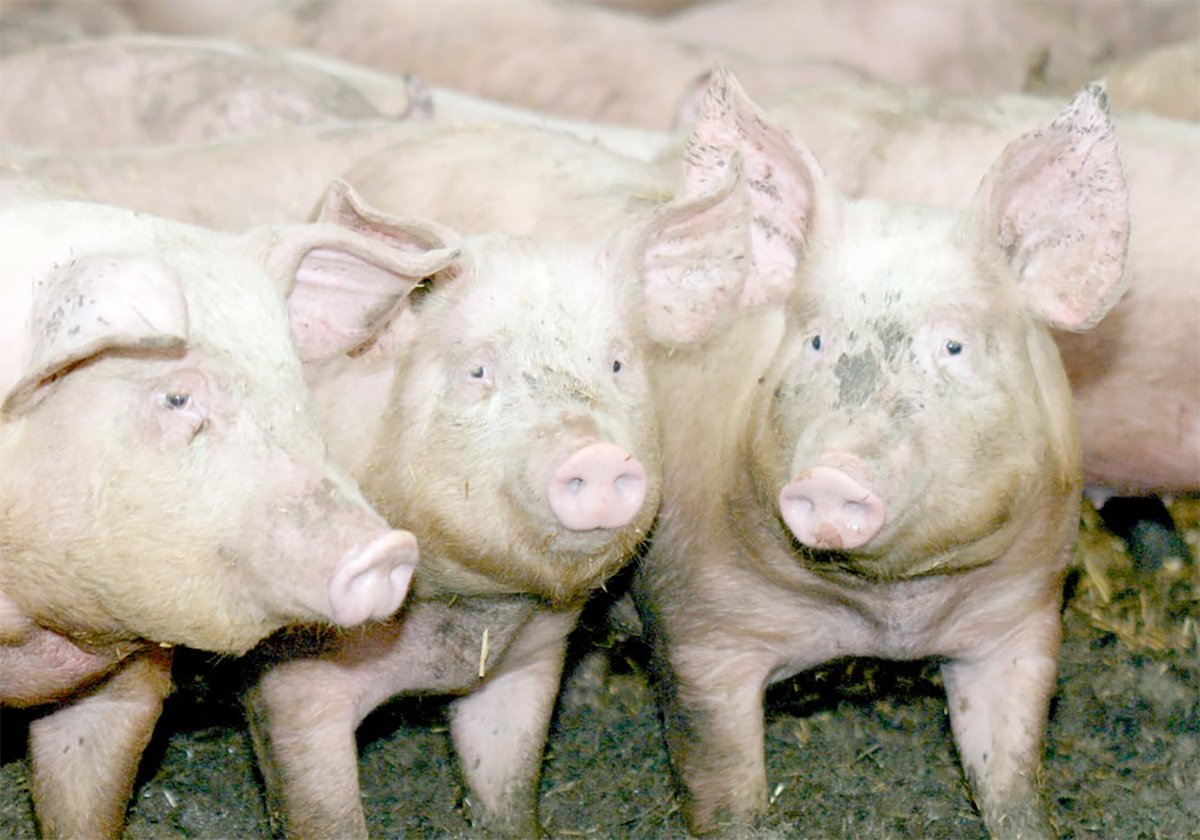EDMONTON – Horses have feelings just like people, a noted horse trainer says.
“We’re realizing the horses have a lot of feelings like anger, fear, sadness and grief, the same emotions we do,” said Dave Collins during last week’s Horse Power event at Edmonton’s Northlands.
Those emotions can affect a horse’s behaviour, movement or health, said Collins. He teaches people to recognize and help eliminate emotional and psychological problems in horses.
In the past, horse training was a male-dominated activity with little thought given to the animal’s emotions. With more women training and riding horses, there has been a shift to working with equine psychology to determine how the horse feels, said Collins.
Read Also

The Western Producer Livestock Report – November 13, 2025
Western Producer Livestock Report for November 13, 2025. See U.S. & Canadian hog prices, Canadian bison & lamb market data and sales insights.
“We are helping people to recognize the emotions in horses and how the horses deal with emotions like anger,” said Collins, founder of the British Columbia College of Equine Therapy in Vernon.
Having a horse show emotions is good, especially if the rider recognizes the horse’s signals and can make changes. But if the emotions aren’t recognized, they can be lodged inside the horse and physical or mental health issues can arise.
“We want to help people recognize what the horse is trying to tell them, that it does have something stuck in there,” he said.
If a rider said “stupid horse” and doesn’t recognize the emotion, a lot of horses will internalize it and withdraw emotionally.
“If they’re angry, it’s important to recognize it or if we don’t, we force it inside…,” he said.
Once a horse internalizes emotion, a rider may begin seeing movement problems, sickness or behaviour issues in their animal.
Collins uses a series of treatments to help locate and deal with emotional problems in horses.
Bach flowers are one way to locate them. Collins said different Bach flowers have different electrical frequencies and treat different emotional areas. Some plants help horses deal with fear. If a horse fears going into an outdoor riding arena, the flower or an extract would be given to the horse, usually as a tincture.
Aromatherapy and certain oils are also used to release emotions like anger or grief. Homeopathic remedies using frequency treatment also can release emotions.
Collins said the emotions enter the body in a vibration form and something with an electronic frequency is needed to release them.
Repression techniques are also used to help take a horse back to a time or place where there may have been an abusive situation or an abandonment issue.
Collins uses muscle testing or applied kinesiology techniques as a way of communicating with the horse and trying to find where the emotion is lodged and what it is feeling.
Most of the physical issues in horses have an emotional, psychological or spiritual basis, he said. If a horse is barrel racing and hates it, the horse may internalize its emotions and start to break down physically.
“It doesn’t want to do it.”
Some horses are also more social than others and dislike being alone. They are relaxed and more peaceful if they’re with other horses and people.
Collins recently worked with a stud colt and its owner. The owner wanted to sell the horse in the United States, but the normally vibrant horse was dull and unthrifty. Using regression therapy, they discovered the colt’s emotion was worry.
“You could actually see the worry lines on his face,” he said.
“When we found out what he was thinking, it wasn’t that he was having problems going to the sale, but he couldn’t figure out how he was going to get there. He was worried sick,” he said.
“He didn’t have any problem going there, but he couldn’t understand the steps to get there,” he said.
The owner placed his hand on the horse’s head and using mental pictures, went through step by step how the horse would get to the sale including the trailer ride. The horse visually relaxed.
“From then on the horse started to thrive and did go down to the sale.”
Collins said he has had positive responses from the livestock community about animal emotion teaching. Many ranch people are used to reading livestock and are in tune with their animals.
“They are doing it already and just don’t know it. They look at a cow and know that cow will turn before it does. When you’ve been around livestock, there’s a lot of things that you’re in tune with and don’t realize it,” he said.
“A lot of people who work with animals and nature are very open to this. All I’m really doing is creating a bridge to help more people help their animals.”














